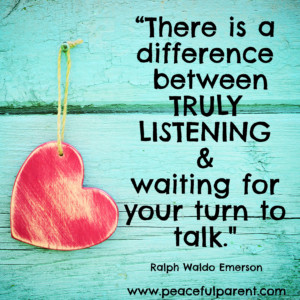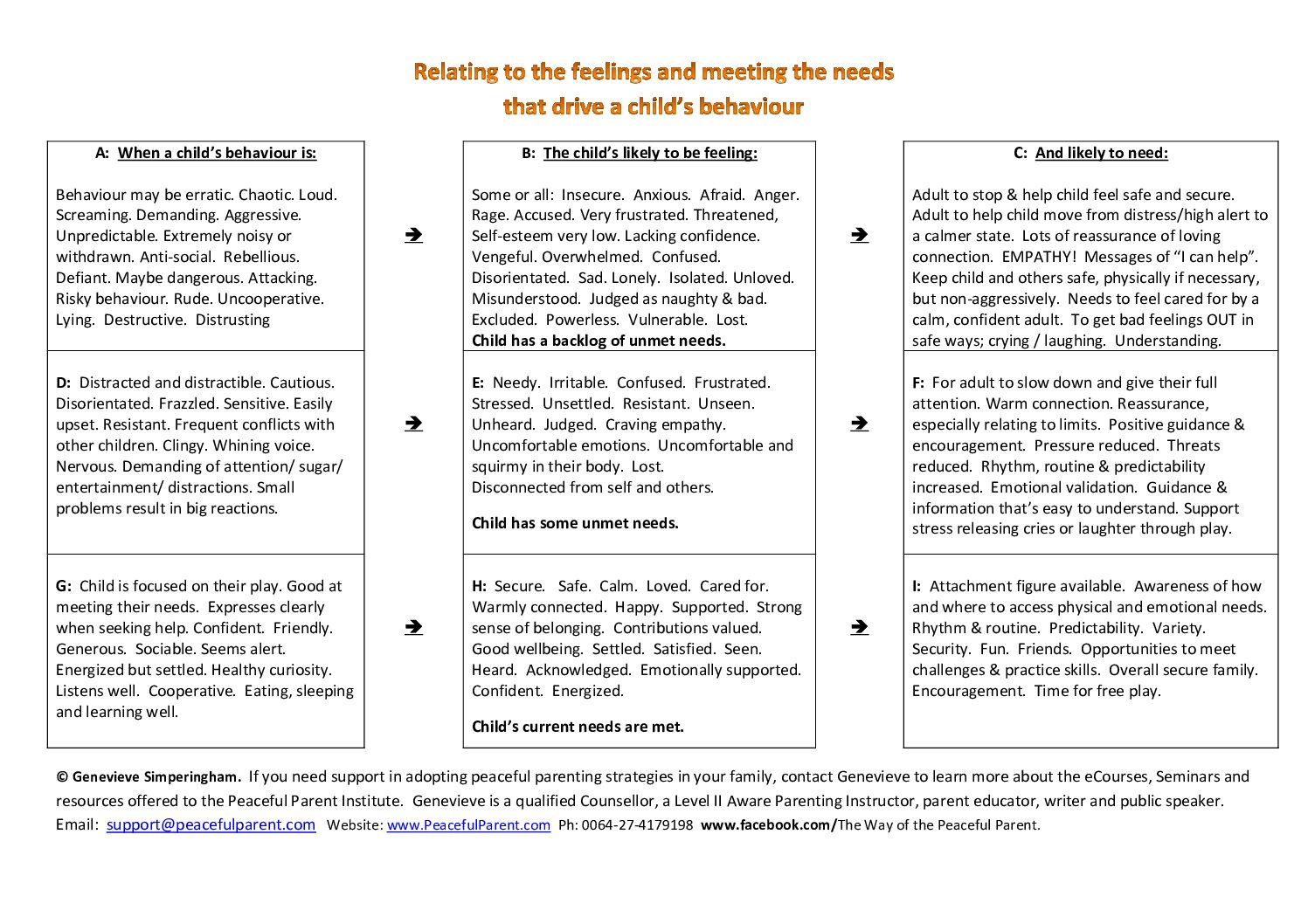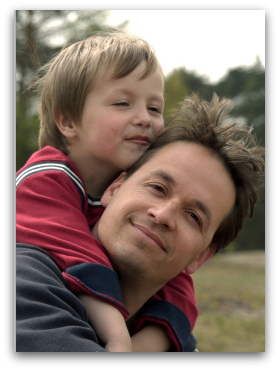 I’m going to share a story of a pretty big upset that arose between my son and myself. A situation that most parents would believe that the responsible parenting approach would be to punish or enforce a consequence. It seemd incredibly difficult for most parents to understand the deeper and more long term negative impacts of imposing consequences. Most parents believe it’s what’s needed to help children learn to take responsibility. However this couldn’t be further from the truth, in fact enforcing consequences locks kids into defensiveness and often dishonesty and results in them losing the opportunity to develop genuine heartfelt remorse and integrity.
I’m going to share a story of a pretty big upset that arose between my son and myself. A situation that most parents would believe that the responsible parenting approach would be to punish or enforce a consequence. It seemd incredibly difficult for most parents to understand the deeper and more long term negative impacts of imposing consequences. Most parents believe it’s what’s needed to help children learn to take responsibility. However this couldn’t be further from the truth, in fact enforcing consequences locks kids into defensiveness and often dishonesty and results in them losing the opportunity to develop genuine heartfelt remorse and integrity.
Hopefully sharing this little story helps to demonstrate not just a different approach, but the advantages of the peaceful parenting approach.
Before my son had a phone of his own, when he was about thirteen, he would sometimes play a game on my phone. Then my phone was spammed, some sort of a virus resulting in money being taken out of my account. I went to the phone shop and they told me it was because someone had given my number to a website. My son was in the shop when all this was happening, but I didn’t say anything at that point. The shop owner was already throwing accusatory looks and making mocking comments under her breath about teenagers. She was liberal with her assumptions and generalized scornful judgment of teenagers. I didn’t open the conversation with my son in the shop because I believe people deserve respect even when they do something wrong, and it’s just not my approach to interrogate or publicly humiliate one of my children.
How the parent asks the question largely determines whether they’re inviting honesty or defensiveness. Back in the car, I asked my son in as level a tone as possible if he knew anything about it and it turned out that he had gone on the internet to play games and typed my number into a website to get a “free” download. I was pretty upset because it was just before Christmas and I couldn’t use my phone for a few days while the shop fixed the problem and it was my main connection with my family in Ireland and England. I let him know that I was upset, while being mindful to use “I” statements. I was conscious of acknowledging how hard this must be for him, and the shock he must be feeling at what happened and opened to listening to him in a way that was genuinely patient. I also shared my own feelings of sadness, disappointment and frustration in as level and non-charged a tone as possible. I knew that to make it easier for him to stay engaged and not become defensive, I needed to avoid blaming or attacking language towards him or making statements about what a “bad” thing it was to do. It’s not easy at such times to manage our upset enough to stay in our adult, but that’s the responsibility we have as parents.
It was very clear now what the consequences of his actions were, the hassle of it all, the money I’d lost and would need to pay to get the phone fixed, my upset at not being able to stay in contact with my family through my phone, but also his upset was just as big and real. Regardless of the whole thing being the result of his action, I realized this was all very upsetting and shocking for him. I knew I needed to be very mindful of my words and feelings and body language to avoid shaming him.
I wanted to genuinely help him face up to what had happened and take responsibility and for the situation to be a positive learning experience.
I knew the whole thing was really hard for him, his face showed his emotional turmoil and as he shared his perspective, my heart really went out to him. And I also knew that it was important that I was honest about my disappointment and frustration. It was a rough lesson for him because he had no idea that this kind of thing could happen. He had known that I didn’t want him to go on the internet on my phone and I’d given him general education about cyber safety that just wasn’t specific enough. He had gone against our agreement AND he wasn’t aware of the potential harm. I also had to take responsibility for not helping him to be more aware of the risks.
And even if he had been very aware of that risk, making it a more serious issue again, my approach to maintain connection and open communication to help him gain learning and growth, rather than shame and fear of my reaction, would have been the same.
I did my best to alleviate his guilt by giving him lots of reassurance that although I got upset, it wasn’t a huge ordeal and that I didn’t think any less of him. I imagined that my disapproval of him would be his biggest fear. Kids are wired to connect and the need for positive connection is so strong with their primary attachment figure. I always try to remember that relationships and feelings are more important than things.
Because I didn’t tell him he “should” take responsibility or should rectify it, and because I did listen to his perspective with patience, I left the space open for him to offer something that he felt would help to resolve things. This gave him the opportunity to rectify the situation somewhat by voluntarily offering to give me back the money that it had cost me. As tempted as I was to write off the money, it felt like his very genuine effort to bring more repair, and to practice taking responsibility and fixing a problem that resulted from his actions, be it unintentionally. I was aware that if he’d agreed to give money because I was demanded that he do so, I would have robbed him of the opportunity to take responsibility and fix the problem from his own initiative.
I believe that the offer he made to repay the money, while expressing his heartfelt regret about what happened would have left him with the good feeling of doing the right thing voluntarily, from his sense of morality and integrity, and genuine wish to take responsibility.
If I had enforced the consequences and insisted he pay me back, and possibly thrown in some withdrawal of “privileges” like computer time, the likely consequences of THAT action would have been:
- It would likely have come across as an accusation that he wouldn’t himself want to do the right thing. It would have been an expression of distrust I believe.
- Which would have compromised his trust in the good will and warm connection in our relationbship.
- It would have denied him the opportunity to work with me to cooperatively figure out what the best solutions would be.
- It would have robbed him of the opportunity to show good will.
- And likely denied him the opportunity to feel and work through his, no doubt huge range, of upset feelings and likely defensiveness.
- It would have likely denied him the opportunity to do the emotional journey from upset to regaining his positive sense of himself and trust in our relationship.
- I believe that it would have made it very unsatisfying for him to give me money out of his savings because it would likely feel like he was only doing that which was enforced upon him as a “punishment”,
- The whole situation would have likely built up a lot of resentment and distrust.
- The child misses the opportunity to learn to truly take responsibility at the levels of the heart and integrity.
Do children learn to take responsibility when punished? It’s a common belief that children need to learn to take responsibility and that’s why we should set consequences for their mistakes. But a consequence that’s enforced by a parent really does have the same effect as a punishment and is a huge distraction from the real consequence of a situation. The real consequence of this particular situation was how it affected me both financially, the time involved in sorting it out and my ability to stay in communication and even more importantly the upset and stress that I felt. When the communication remains open, respectful and even empathic in difficult situations between parents and the teens (or younger children), it’s much easier for a child to expand their thoughts and feelings to genuinely hear, understand and care about how their actions affected another.
When a parent reacts angrily with character judgments like “what a stupid/ selfish /thoughtless /inconsiderate /short-sighted thing to do”, it becomes nearly impossible for a kid of any age to have genuine compassion and empathy for their parent. The parents harsh judgments literally disable their child’s ability to view the situation from a more mature and compassionate perspective. The child becomes consumed by the pain of the judgments, rejection and that urge to be defensive is nearly unavoidable. When parents enforce a consequence as opposed to problem-solving together to work out how to rectify a situation, it understandably feels like an attack.
It’s unrealistic to expect kids to deal with the emotional pain of blaming and punishments and the character judgments that tend to accompany them and still open their heart to hear and care for the feelings of the person who has been affected by their actions. The rupture in the parent-child relationship sends them into a distressed emotional state, making it nearly impossible to access their higher thinking brain. Impossible to engage clear thinking, problem-solving that considers all perspectives, impossible to engage compassion. Yet when we maintain connection and support their emotional process when they stuff up and go into subsequent emotional turmoil, then we are supporting them in developing the very complex task of working through their feelings, making their way back to connection with their parent – and then, and only then – will they be truly able to take responsibility that’s based on integrity, morality, compassion and level clear thinking.
What about when the parent doesn’t use shaming and doesn’t force a consequence, but the child still acts defensively?
But what about if my son had NOT offered to give me money to reimburse me for the money that I’d lost? Would I then tell him that he had to and if he refused there would be even worse consequences? No, I wouldn’t because that again would align with the old model of blaming, shaming and punishment and is not peaceful parenting. This kind of heavy-handed authoritarian approach really compromises trust in relationships and encourages more of the same kind of combat in the family. If my son hadn’t offered to give at least some money to help as an expression of taking responsibility for what happened, I would have asked him what did he think should happen next. If he was still not forthcoming in offering to reimburse me but I felt that it would be the right thing to do, I would have shared those thoughts and feelings. I might have said that I didn’t feel that it was fair that it had cost me money and that I felt resentful or frustrated about that (if they were my honest feelings). If my son still didn’t think it was fair that he had to give me money (which I can’t imagine), then I still wouldn’t force him to pay, but would have maintained my trust in him and his goodness. I wouldn’t assume that him refusing to give money would indicate that he hadn’t learned anything from the situation. I might have told him that what I felt like I needed to further resolve it was to receive some reassurance from him that he wouldn’t use my phone again without specifically asking me if he could use it.
Admitting fault and taking responsibility are qualities that most adults struggle with. We need to do a lot of modelling of this kind of humility by admitting our own wrongs and mistakes. Maybe, if a kid refuses to rectify a situation by taking the right action, they may need more reassurance that their parent still believes in their goodness, still loves them, still cares about their feelings. Seeing their refusal as an expression of feelings of hardness and defensiveness inside, instead of there being something fundamentally wrong with the kid, can help a parent maintain their open heart towards their kid. In such situations, the biggest repair that’s needed is the relationship between parent and child, and that might be a long term project if there’s been a lot of ruptures and communication breakdowns in the past.
If you have tended to set punishments and consequences in the past, it may take a while for your child to understand and trust your new style of non-punitive parenting.
I believe that empathy and remorse need to come naturally, they can’t be forced or manufactured from the outside and they mostly come from people being on the receiving end and seeing it modelled. Sometimes parents need to adopt a more long term view of their goals for their children, especially when there has been a lot of conflict or breakdown in the relationship in the past. When a child consistently acts defiantly, it’s a pretty good indicator that there’s a lot of trust that needs to be rebuilt.
If you have tended to set punishments and consequences in the past, it may take a while for your child to understand and trust your new style of non-punitive parenting. They may still feel and act defensively as it will take time before they can trust that their parent is truly maintaining connection and a positive relationship with them even when they make mistakes. But if you can refrain from going back to the old authoritarian ways and also avoid becoming permissive and just letting things slip, but continue to work things through respectfully, your patience will pay off and your child will get better and better at taking responsibility, being genuinely remorseful and developing empathy and consideration for those that their actions affect.
Skills for life! Children who are used to problems in the family being dealt with through open honest communication and who have practiced problem-solving with their parents, are much more likely to bring potential solutions, reassurances, regrets to the table. But children who have been more used to “getting in trouble” and waiting to see what punishment, critical lecture or “consequence” will be doled out tend to be much more scared and hence defensive when they have made a mistake or otherwise upset their parent. Children who are defensive find it extremely difficult to truly hear, care for and empathize with the feelings of the person they have affected.









[…] ask my sister?”. Then the parent gets really frustrated and raises their voice some more or doles out punishment or threat. “If you don’t clean your room, then you can’t have screen […]